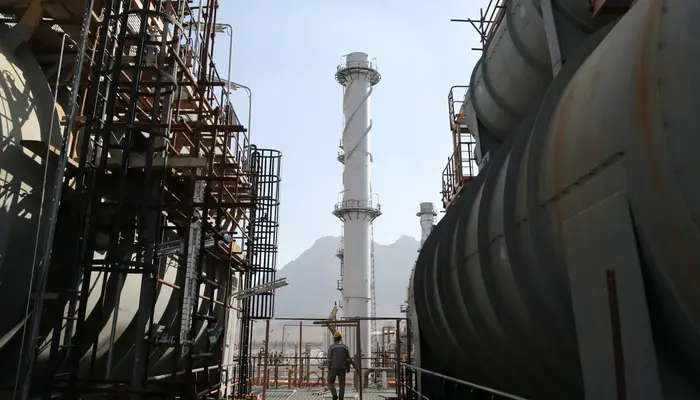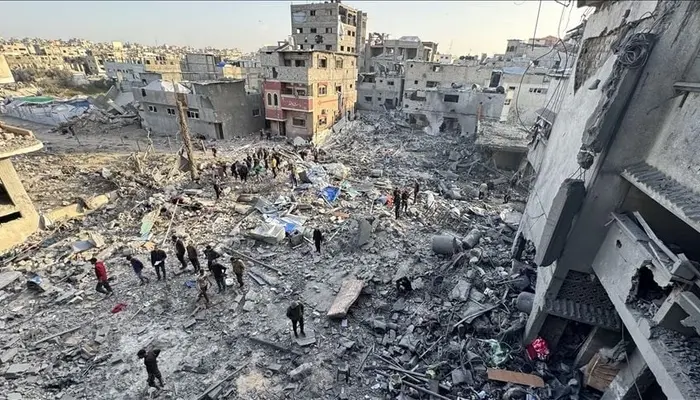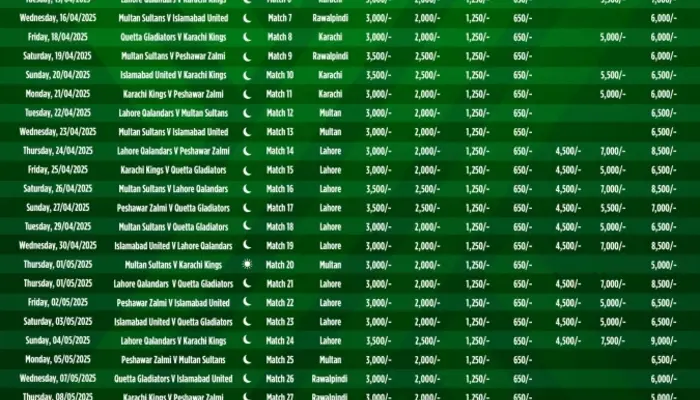
Oil watchers now see a genuine threat to crude supplies after Iran launched a ballistic missile attack on Israel. This escalation intensifies the ongoing conflict in the Middle East. On Tuesday, Iran retaliated against Israel for its recent killing of Hezbollah leader Hassan Nasrallah and an Iranian commander in Lebanon.
Analysts believe that Iran’s oil infrastructure could soon become a target for Israeli counterattacks. “The Middle East conflict may finally impact oil supply,” said Saul Kavonic, a senior energy analyst at MST Marquee. He added that “the scope for a material disruption to oil supply is now imminent.”
Geopolitical Risks Become Real
These developments could change the game after a prolonged period of “geopolitical risk fatigue.” Traders previously brushed off threats of oil supply disruptions linked to the situations in the Middle East and Ukraine. However, up to 4% of global oil supply now faces risks as the conflict envelops Iran directly. An attack or tighter sanctions could push prices to $100 per barrel again, Kavonic warned.
Read: PIA Halts Flights Using Iranian Airspace Amid Iran-Israel Missile Attacks
Immediate Impact on Oil Prices
Following the missile strike, oil prices gained over 5% in a single session before tapering to a 2% climb. Global benchmark Brent is currently trading 1.44% higher at $74.62 per barrel, while U.S. West Texas Intermediate futures rose 1.62% to $70.95 per barrel. As Israel shifts its focus from Gaza to Lebanon and Iran, analysts predict the conflict is entering a new and more energy-related phase.
Bob McNally, president of Rapidan Energy Group, stated, “As Israel turns from Gaza to Lebanon and Iran, the war is entering a new and more energy-related phase.” He expects Israel’s retaliation for the missile attack to be “disproportionately large.”
Limited Disruptions So Far
Since the armed Israel-Hamas conflict began on October 7 of last year, disruptions to the oil market have remained limited. Despite this, increased U.S. production has added to the supply, and sluggish demand from China has kept prices under pressure, according to Andy Lipow, president of Lipow Oil Associates.
Iran stands as the third-largest producer among OPEC countries, producing nearly four million barrels of oil per day, according to the Energy Information Administration.
Escalating Conflict and Future Predictions
Other analysts share Kavonic’s concerns. They note that the conflict’s transition from Gaza to Lebanon and Iran poses a significant threat to oil supplies. McNally predicts that it will “get worse before it gets better.”
Ross Schaap, head of research at GeoQuant, observed that their risk analysis model of the Israel-Iran conflict spiked significantly following the latest missile strikes. This indicates that “much bigger events” may be forthcoming.
Josh Young, CIO of Bison Interests, also sees an increasing likelihood of strikes on Iranian oil infrastructure. He views this as a “significant escalation” by Iran. Young predicts that if Iranian exports are disrupted due to an attack, oil prices could surge to over $100 per barrel.
As tensions escalate, the global oil market braces for potential disruptions that could reshape prices and supply chains.
Follow us on Google News, Instagram, YouTube, Facebook,Whats App, and TikTok for latest updates












